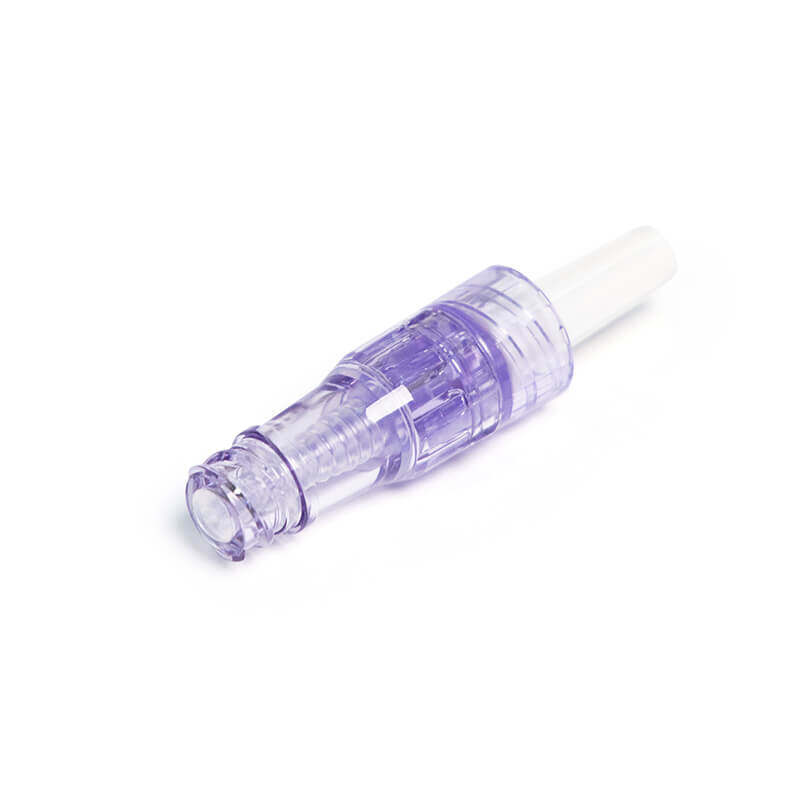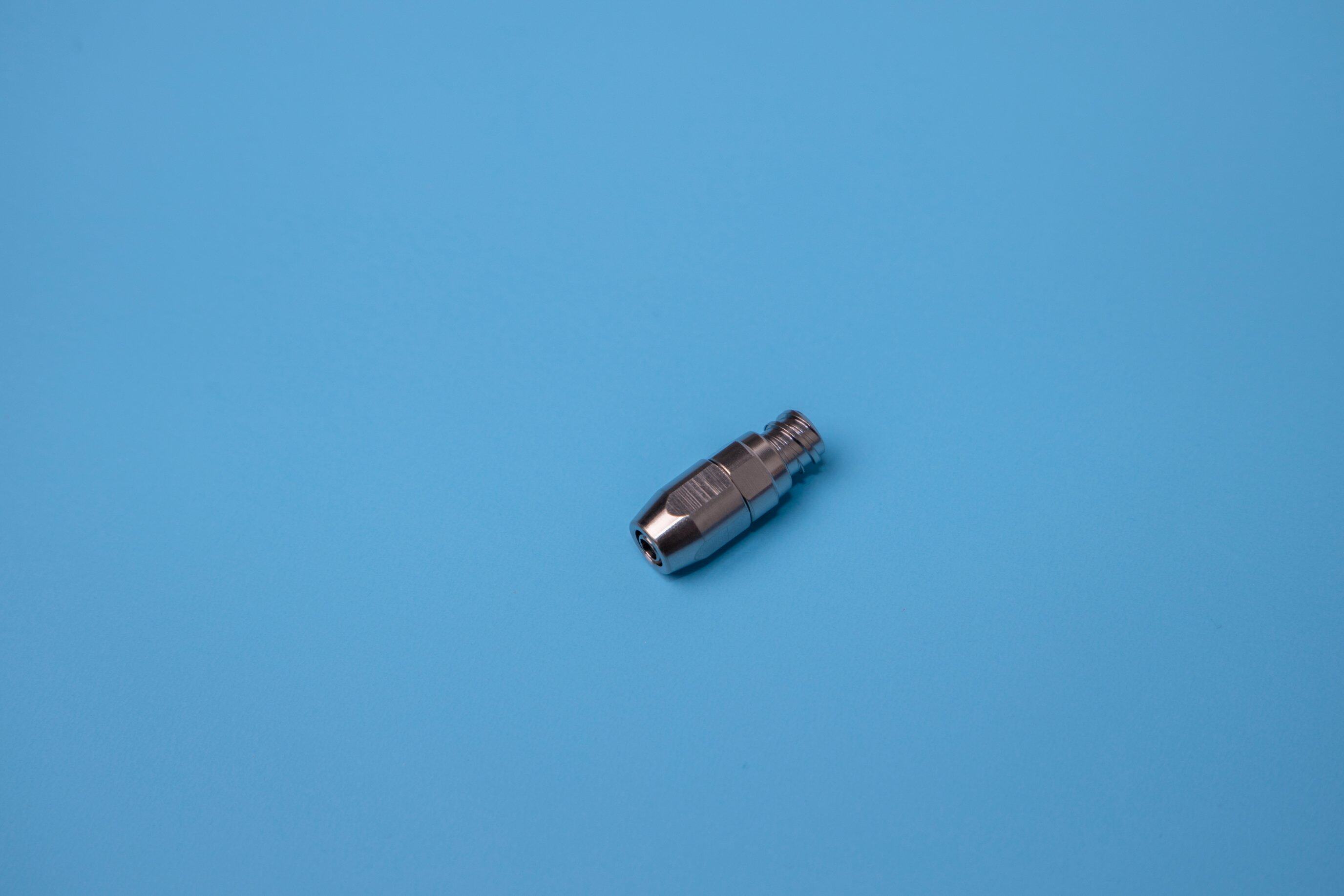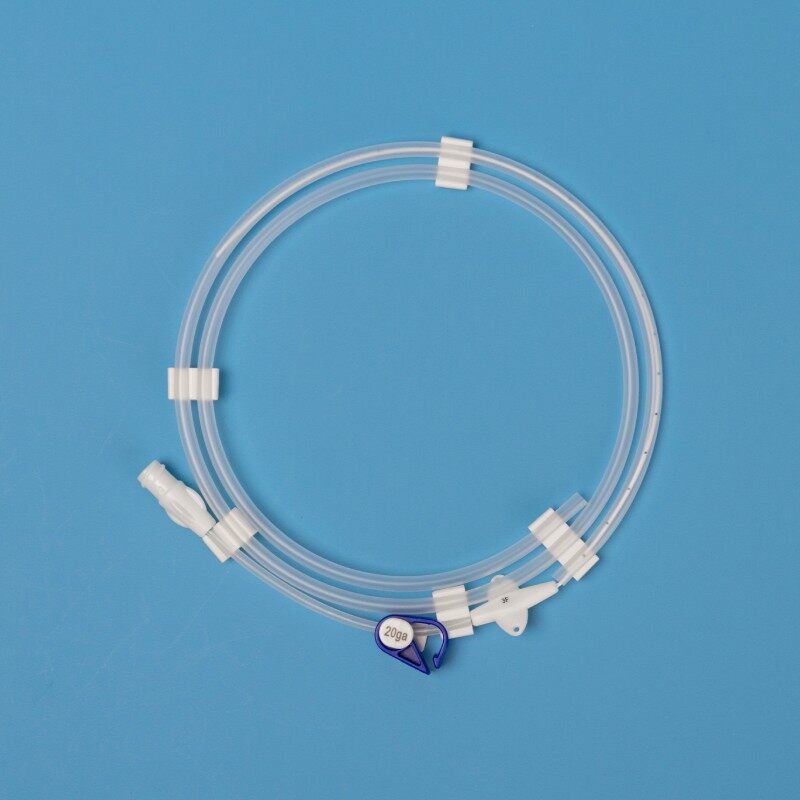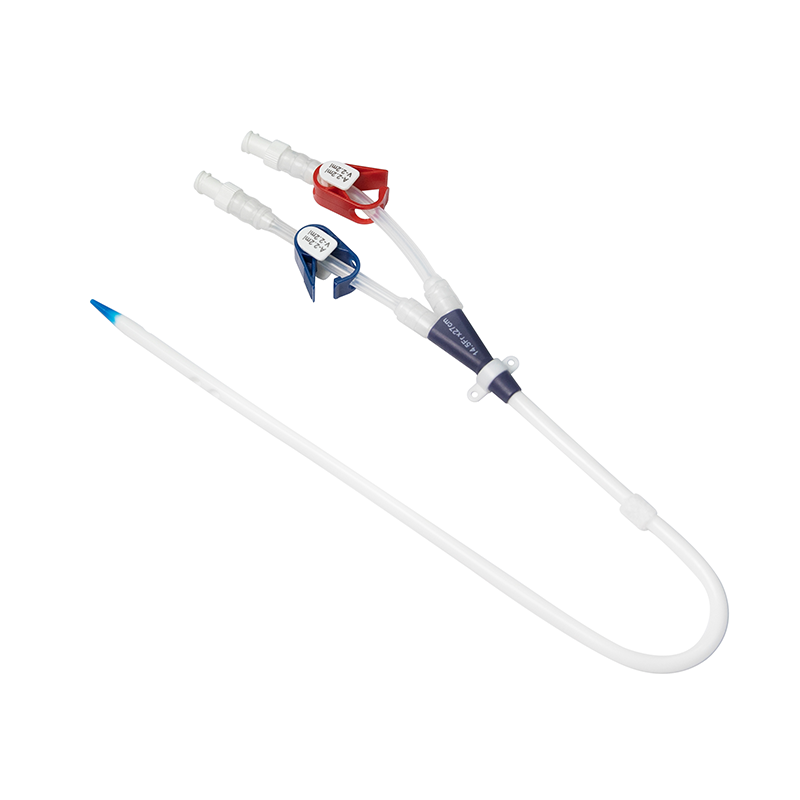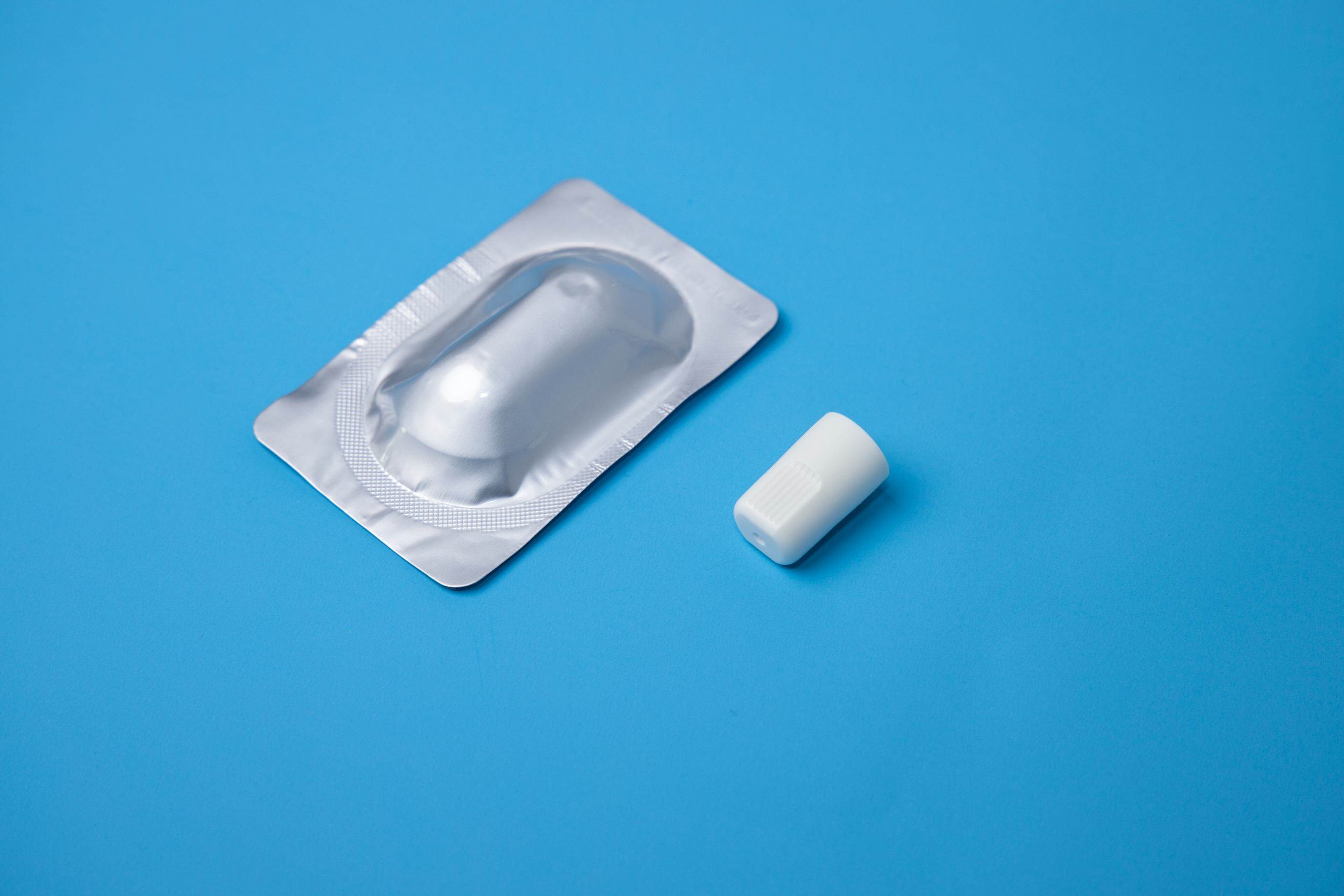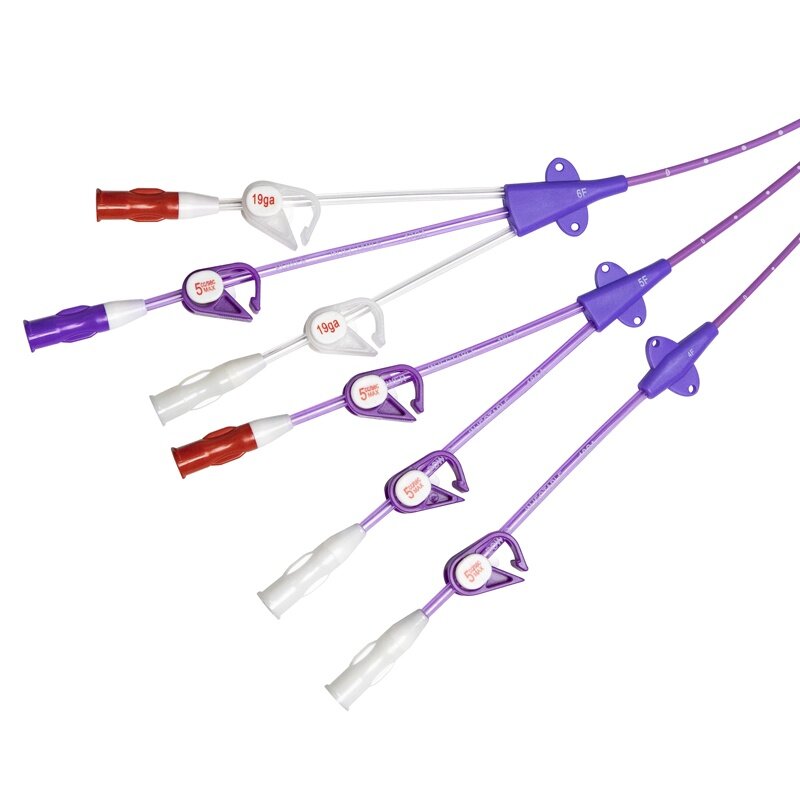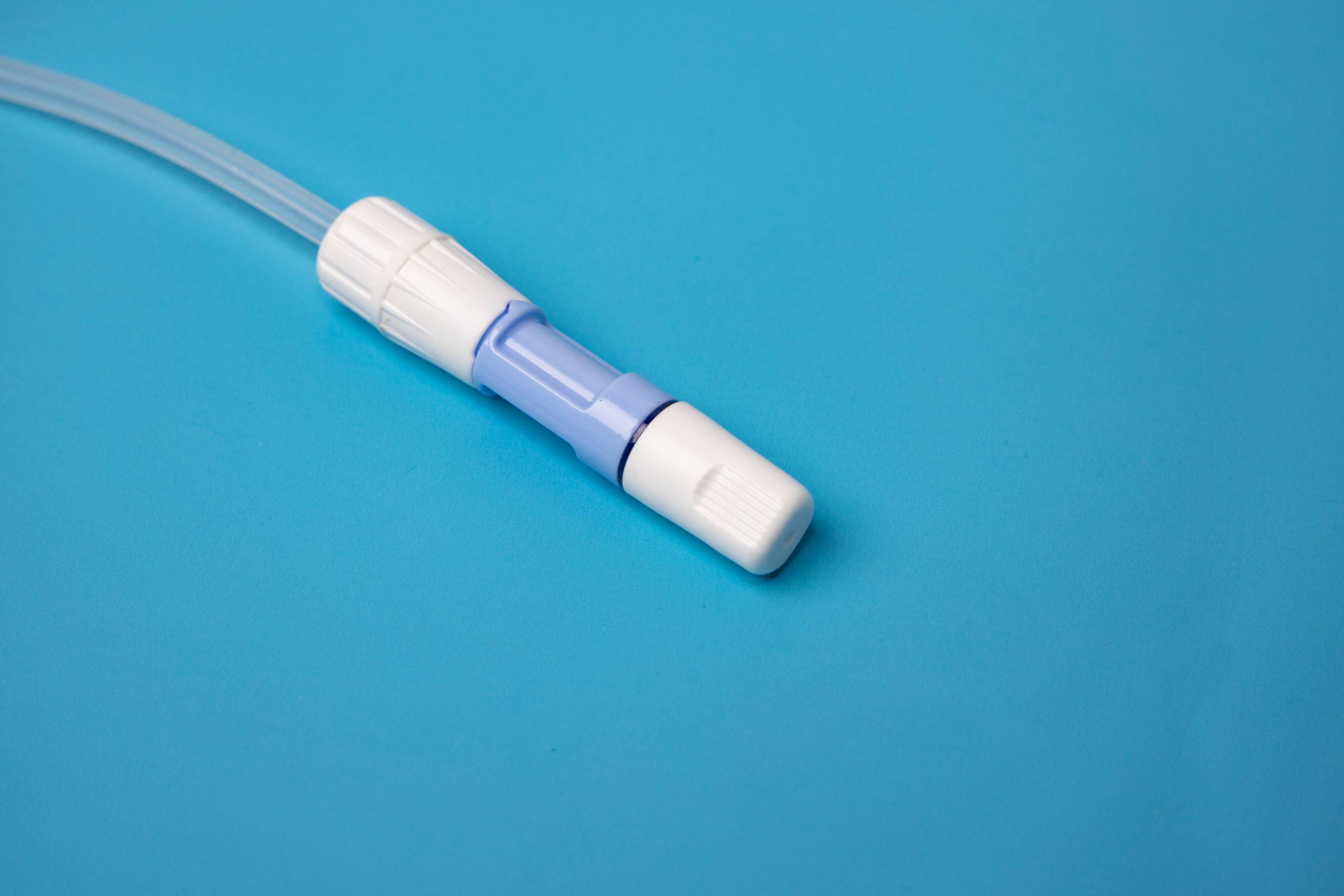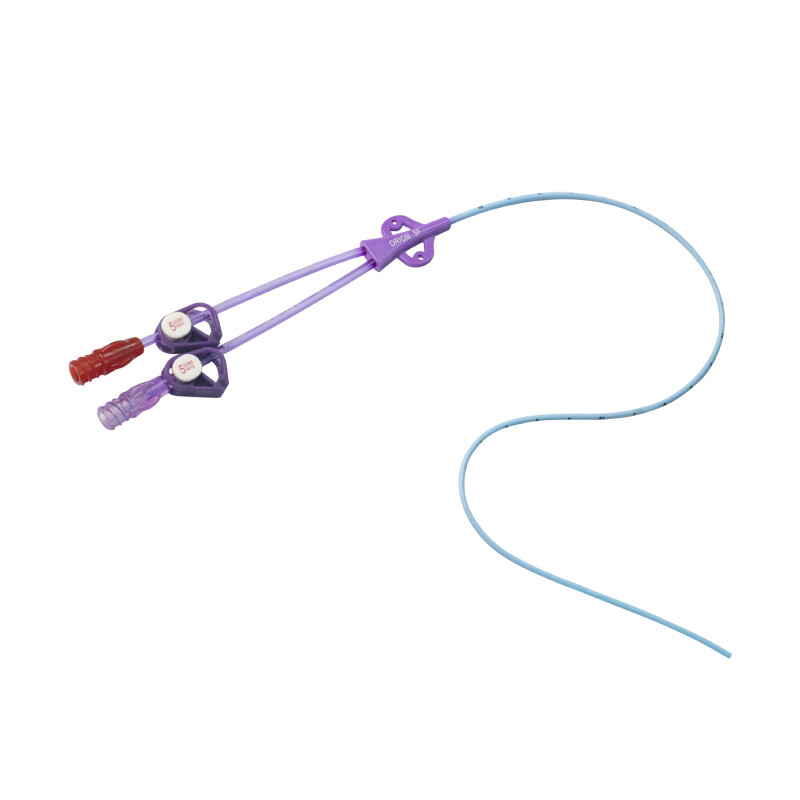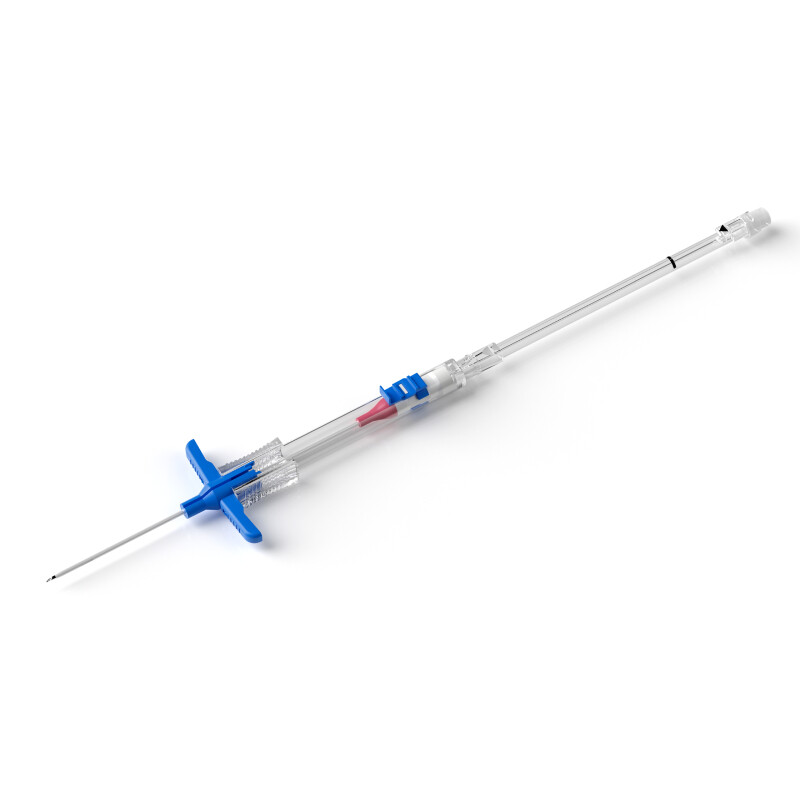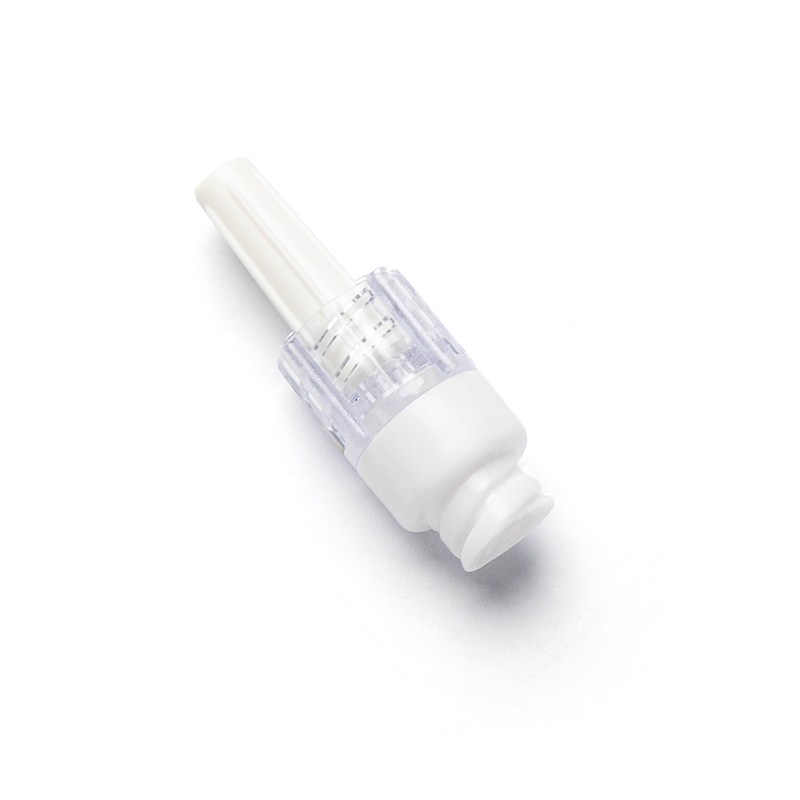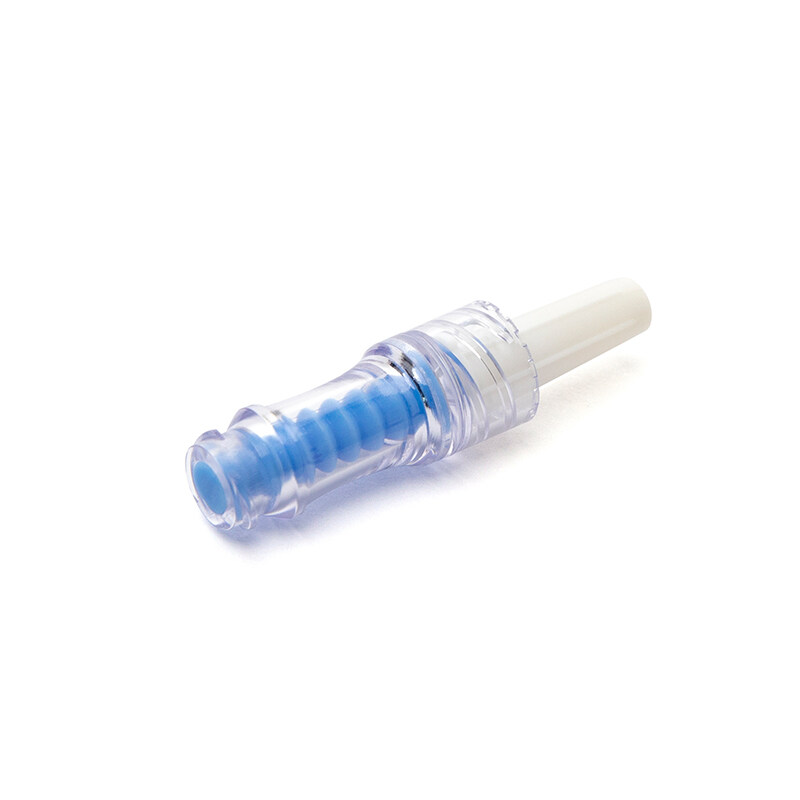A heart catheter, also known as a cardiac catheterization, is a medical procedure that involves inserting a catheter into the heart to diagnose or treat various heart conditions. Here are some important facts about heart catheter medical procedures:
Heart catheter medical is a procedure used to diagnose and treat certain cardiovascular conditions.
During cardiac catheterization, a long thin tube called a catheter is inserted in an artery or vein in your groin, neck, or arm and threaded through your blood vessels to your heart.
Quality
Heart catheter medical procedures require specialized medical equipment and highly trained healthcare providers to ensure quality and safety. The catheters used in these procedures are made from high-quality materials, such as polyethylene or nylon, that are safe and effective for use in the heart.
Benefits
Heart catheter medical procedures have several benefits for patients with heart conditions. They can be used to diagnose and treat various heart conditions, such as blocked arteries or heart valve problems, with greater precision and accuracy. This can help improve patient outcomes and reduce the risk of complications.
Price
The cost of a heart catheter medical procedure can vary depending on several factors, including the specific procedure needed and the location where it is performed. Generally, heart catheter medical procedures are more expensive than other diagnostic tests due to the specialized equipment and expertise required.
Applications
Heart catheter medical procedures are commonly used to diagnose and treat various heart conditions, including coronary artery disease, heart valve problems, and congenital heart defects. They are also used to assess the overall function of the heart and to monitor the effectiveness of certain heart treatments.
Heart catheter medical is the passage of a thin flexible tube (catheter) into the left side of the heart. It is done to diagnose or treat certain heart problems.
Heart catheter medical involves passing a thin flexible tube (catheter) into the right or left side of the heart. The catheter is most often inserted from the groin or the arm.
Is a heart catheter medical procedure painful?
Patients may experience some discomfort during a heart catheter medical procedure, but anesthesia is used to minimize pain and discomfort.
How long does a heart catheter medical procedure take?
The length of a heart catheter medical procedure can vary depending on the specific procedure needed and the patient's individual needs. Generally, the procedure takes between 30 minutes to 2 hours.
What are the risks of a heart catheter medical procedure?
Like any medical procedure, there are some risks associated with heart catheterization. These include bleeding, infection, damage to the heart or blood vessels, and allergic reactions to the contrast dye used during the procedure. However, these risks are relatively low and can be minimized with proper preparation and care.
How long is the recovery time after a heart catheter medical procedure?
Recovery time after a heart catheter medical procedure can vary depending on the specific procedure performed and the patient's individual needs. Generally, patients can expect to stay in the hospital for a few hours overnight and may need to limit physical activity for a few days.
In summary, heart catheter medical procedures are a valuable tool for diagnosing and treating various heart conditions with greater precision and accuracy. While the cost of these procedures may be higher than other diagnostic tests, the benefits and improved patient outcomes make them a worthwhile investment for healthcare providers. Proper preparation and care can help minimize the risks associated with these procedures and ensure the best possible outcomes for patients with heart conditions.

